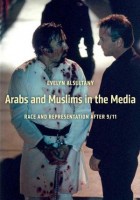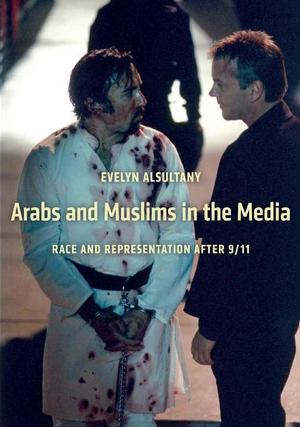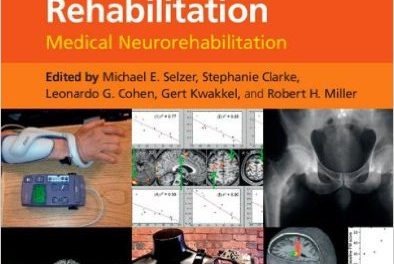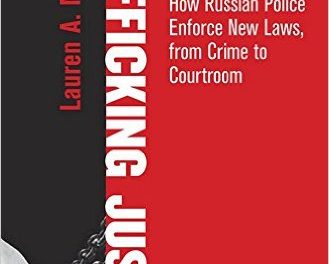 Author: Evelyn Alsutany
Author: Evelyn Alsutany
Publisher: New York University Press
Book Review by: Paiso Jamakar
Evelyn Alsutany, a professor on American Culture at the University of Michigan, points out in this eye-opening book that after 9/11, there was “an increase in both the incidence of hate crimes and government policies that targeted Arabs and Muslims and the proliferation of sympathetic portrayals of Arabs and Muslims in the U.S. media.” So expressions of both hate and sympathy were aired on broadcast and print media.
She cites data from the FBI that show that hate crimes against Arabs and Muslims shot up by 1600 percent (sixteen times) from 2000 to 2001. She points out also that in just the few weeks and months after 9/11, several organizations documented hundreds of violent incidents against Arab and Muslim Americans, including several murders. These attacks also included people mistakenly believed to be Arabs or Muslims.
Anger was expressed in ways other than physical acts. Numerous passengers presumed to be Arabs or Muslims and believed to be potential terrorists were removed from flights. Hate mail, vandalizing of community centers, mosques and even homes were rampant in the weeks and months after September 11, 2001.
The United States government also passed the USA Patriot Act quickly the next month. It targeted Arabs and Muslims, legalizing their close monitoring by government agents, immediate and indefinite detention, searching and wiretapping, and even arresting and holding a person as a possible ‘material witness’.
The author points out that in the two years following the enactment of the Patriot Act in October 2001, what has resulted is the deportation of 6,000 men from several unnamed countries, 2,870 people placed in detention, and 13,799 others placed in deportation proceedings. In the process, almost 200,000 Arab and Muslim people were interviewed.
What led to these actions?
On September 11, 2001, a number of Arab men hijacked and flew four airplanes and crashed them into the two towers of the World Trade Center, the Pentagon building, and an open field in Pennsylvania (apparently missing its intended target). Investigations by government authorities later found that at least 19 people were involved in those attacks. Some 3,000 people were killed in what was later termed by some as ‘the crime of the century’.
But the author writes that to her surprise, even as there were hundreds of documented violent incidents against Arab and Muslim Americans after 9/11, so also saw ‘an abundance of sympathetic portrayals of Arabs and Muslims on U.S. television’.
She points out that after terrorists killed thousands of innocent people in just a matter of hours – a time when anger, fear, trauma pervaded – it was ‘an opportune moment for such stereotyping’ of Arabs as terrorists. But sympathy for Muslims – who had nothing to do with the terrorists – also rose to an all-time high.
So while hundreds acted on their rage with violence against Arabs and Muslims in the U.S., there were also those who understood that there was a clear distinction between Arab and Muslim terrorists and their innocent Arab and Muslim neighbors. And U.S. television and other mass media showed both types of emotions and actions.
In this excellent study, Evelyn Alsutany documents post-9/11 events of various kinds, statements of people of different persuasions, then puts into proper perspective how the U.S. media reacted, interpreted, reported, analyzed and presented news and opinions.
Her study includes news reports on various national and local television stations. The material for her book is also based on shows on various TV channels, among them: 24, JAG, LAX, NCIS, Sleeper Cell, The Agency, The Grid, and Threat Matrix.
She mentions that over the years, many shows have portrayed Arab and Muslim Americans as ‘hardworking, even patriotic victims.’ Among those are: 7th Heaven, Boston Public, Law and Order, Law and Order SVU, NYPD Blue, The Education of Max Bickford, The Guardian, The Practice, and The West Wing.
Besides being an Associate Professor in the Program in American Culture at the University of Michigan, Evelyn Alsutany is coeditor of Arab and Arab-American Feminisms and guest curator of Reclaiming Identity: Dismantling Arab Stereotypes.
Evelyn Alsutany has produced a well-researched, insightful book, and she provides readers an immense 40 pages of reference materials at the end, for further study.







